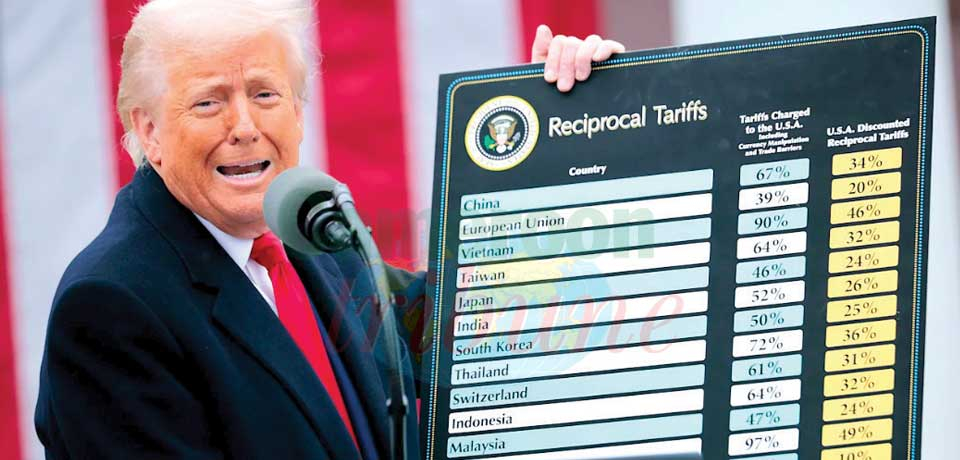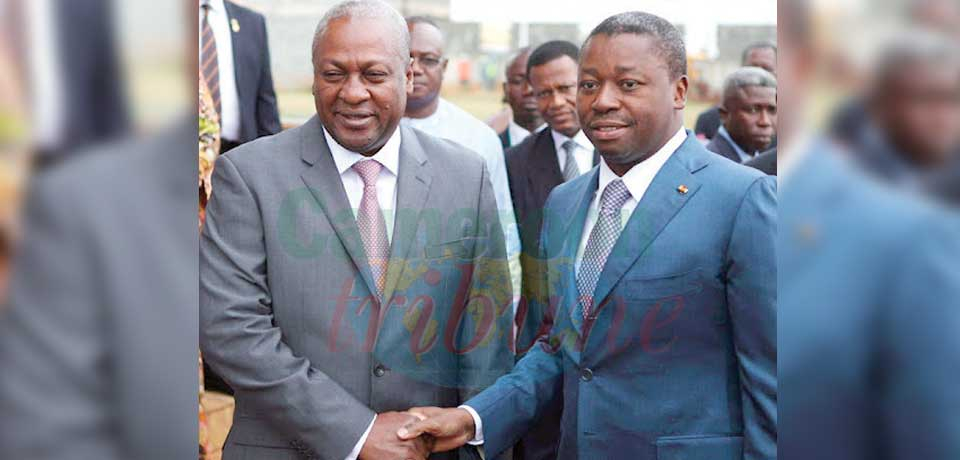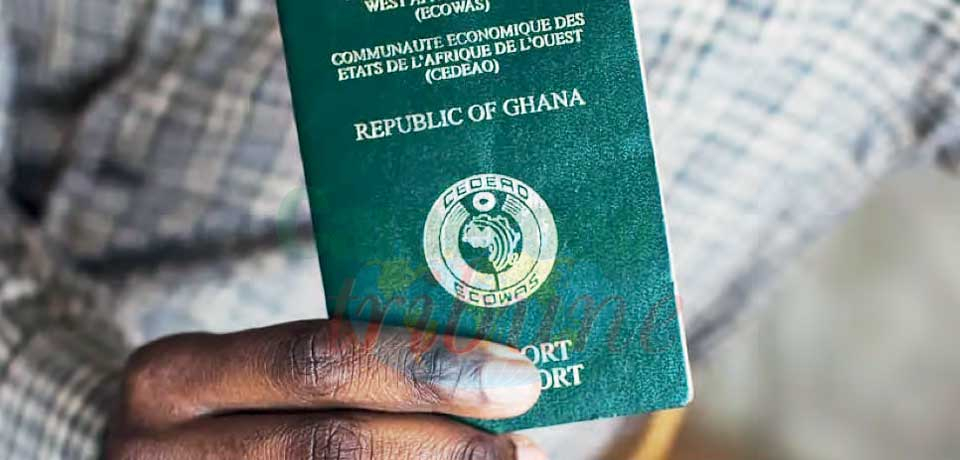Human Rights In Xizang : Very Much Like The Rest Of China!
- Par Kimeng Hilton
- 08 Apr 2025 18:55
- 0 Likes

A white paper released by Chinese authorities recently says people in the Autonomous Region have increasingly enjoyed the same rights as other Chinese. Ever since theocratic feudal serfdom in Xizang was abolished by China.
Chinese authorities on March 28, 2025 held a press conference on the release of the white paper, “Human Rights in Xizang in the New Era.” The event was organized in Lhasa, the capital of southwest China's Xizang Autonomous Region. The document was released by the State Council Information Office.
Under CPC Direction
According to Xinhua news agency, all-round and historic progress has been made in human rights in Xizang. The Communist Party of China, CPC and the Chinese government have implemented effective measures to develop the economy, improve living standards and people's wellbeing, promote ethnic unity and progress, and protect the basic rights of all the people in the region, the paper says.
Legal Safeguards
Since the 18th CPC National Congress in 2012, the Party has strengthened legal protection of human rights, and coordinated efforts to increase people's civil, political, economic, social and cultural rights. So as to achieve well-rounded development and common prosperity for all people from all ethnic groups in Xizang, according to the white paper.
Greater Stability
As a result, Xizang today enjoys political stability, ethnic unity, economic development, social harmony, and amity among different religions. Its environment is sound, and local people are content with their work and daily lives. This progress represents a remarkable achievement in protecting human rights on the snowy plateau, the white paper states.
All Peoples United
Since the peaceful liberation of Xizang in 1951, the CPC has united the people of all ethnic groups in the region and led them in an unremitting fight to institutionalize, respect, protect and expand human rights. Their rights to subsistence and development and all other basic rights have been guaranteed and are being progressively improved.
Gone, Feudal Serfdom!
Before its peaceful liberation in 1951, Xizang was one of the worst regions in the world for human rights violations. Serfs and slaves were afforded no human rights: no protection of life, no personal freedom, no property, and no freedom of thought. Theocratic feudal serfdom, imperialist invasion, and schemes and activities designed to enslave people made the people's right to subsistence insecure and to development impossible.
Foreign Interference
After the Opium Wars in the mid-19th Century, the United Kingdom invaded Xizang on two occasions, posing a significant threat to China's sovereignty and territorial integrity. Later, imperialist forces interfered in China's internal affairs by concocting the idea of "Tibet independence" and propped up local separatist forces who defied the central government.
With The People’s Consent
On May 23, 1951, in Beijing, the plenipotentiaries of the Central People's Government and the local government of Xizang signed an agreement on Measures for the Peaceful Liberation of Xizang, also referred to as the 17-Article Agreement. This agreement marked the peaceful liberation of the region, freeing Xizang from imperialist aggression and political and economic control.
Xizang’s “Marshall Plan”
After the peaceful liberation, the central government provided Xizang with a huge input of fiscal, material and human resources that helped to propel the region's economic, social and cultural development. However, local upper-class reactionary forces opposed any reform in the region, in an attempt to preserve serfdom and sustain their vested interests and privileges.
Continuous Foreign Aggression
These forces plotted a series of activities to split Xizang from China, in blatant violation of the 17-Article Agreement. Their actions ultimately led to a full-scale insurrection on March 10, 1959. To safeguard China's national unity and the fundamental interests of the people of Xizang, the Central People's Government, together with the local people, took decisive measures to quell the insurrection and implemented democratic reform in the region, effectively eradicating feudal serfdom.
Ethnic Autonomy
In September 1965, the Xizang Autonomous Region was founded, signifying a historic shift from theocratic feudal serfdom to socialism characterized by people's democracy. The region began to exercise comprehensive regional ethnic autonomy. A large number of liberated serfs and slaves earned leading posts in agencies of state power at various levels of the region.
Synchronous Development
The reform and opening up policy has helped not only unleashed and developed productive forces across Xizang, but also provided a powerful driving force for human rights in the region. As a result, Xizang has achieved synchronous development with the rest of the country. While at the same time making rapid progress in all aspects of its human rights.
In Leaps And Bounds
The CPC Central Committee held five national meetings on Xizang since the launch of reform and opening up in 1978 and the 18th CPC National Congress in 2012. These meetings played a crucial role in defining the guiding principles, major tasks and development plans for Xizang during that period. Ultimately leading to the formation of the strategic goals that allowed the region to develop rapidly in stages. Picking up speed, advancing in leaps and bounds, and following a sustainable path, and to achieve lasting peace after securing basic stability.
...
Cet article complet est réservé aux abonnés
Déjà abonné ? Identifiez-vous >
Accédez en illimité à Cameroon Tribune Digital à partir de 26250 FCFA
Je M'abonne1 minute suffit pour vous abonner à Cameroon Tribune Digital !
- Votre numéro spécial cameroon-tribune en version numérique
- Des encarts
- Des appels d'offres exclusives
- D'avant-première (accès 24h avant la publication)
- Des éditions consultables sur tous supports (smartphone, tablettes, PC)














Commentaires